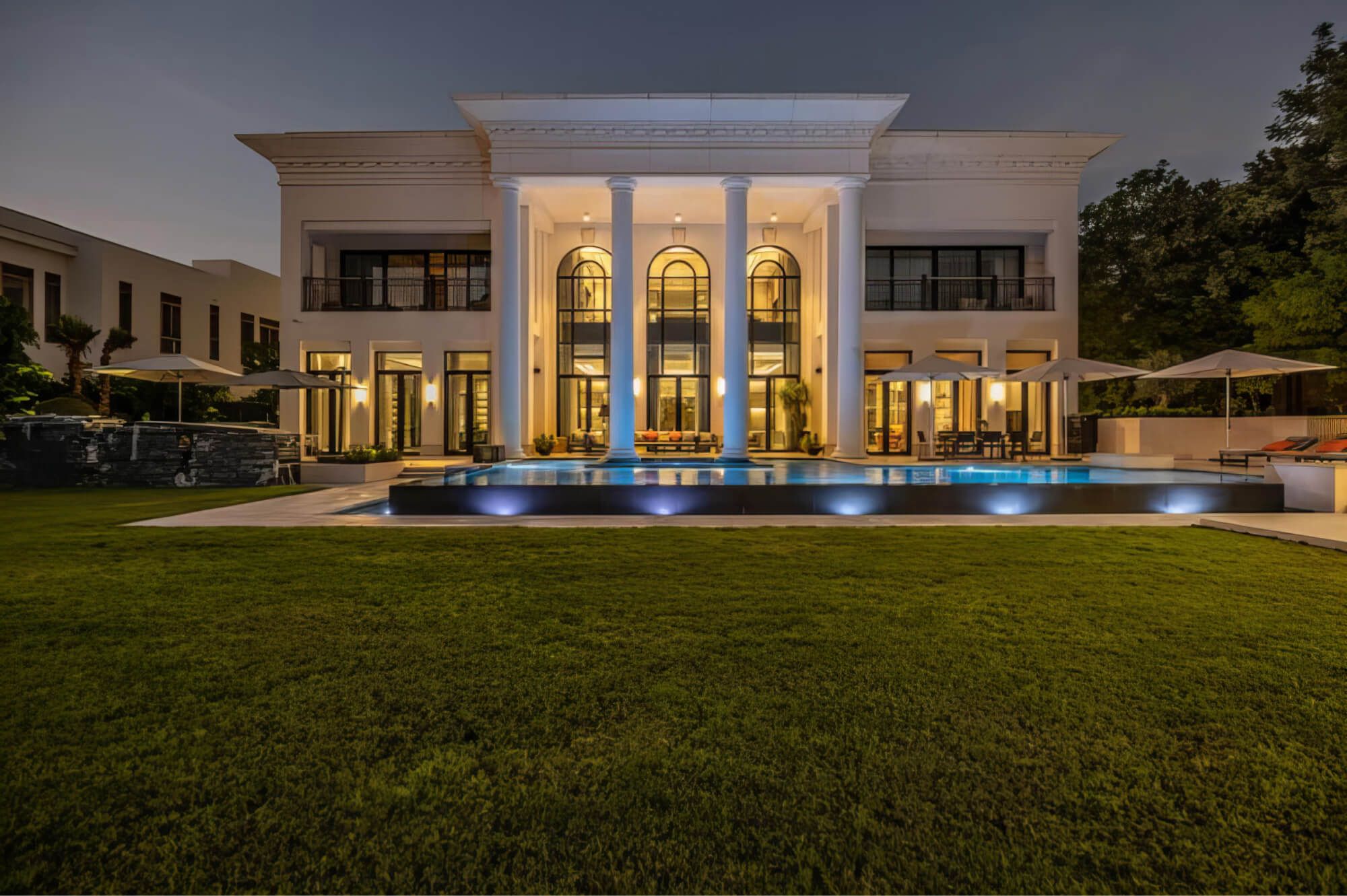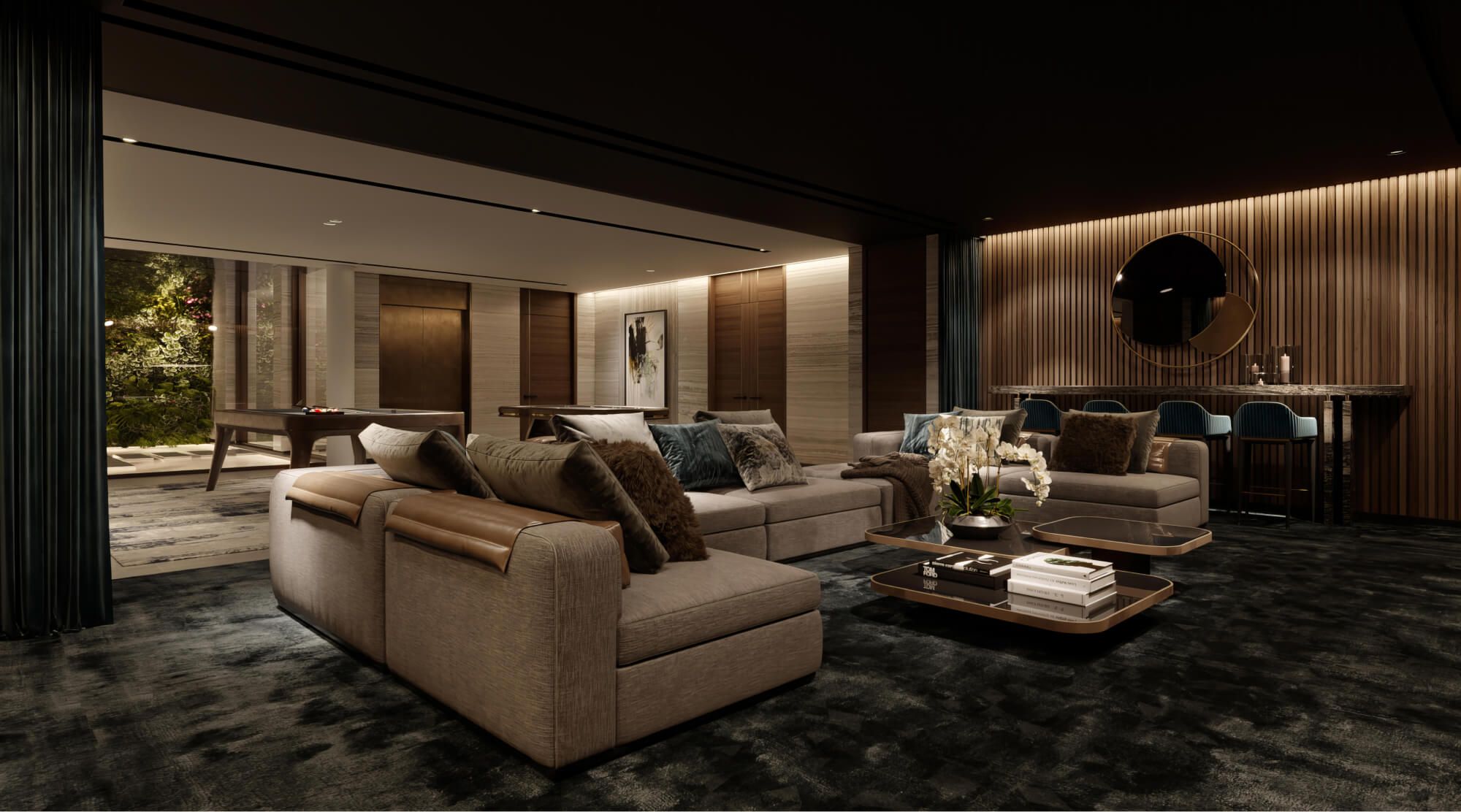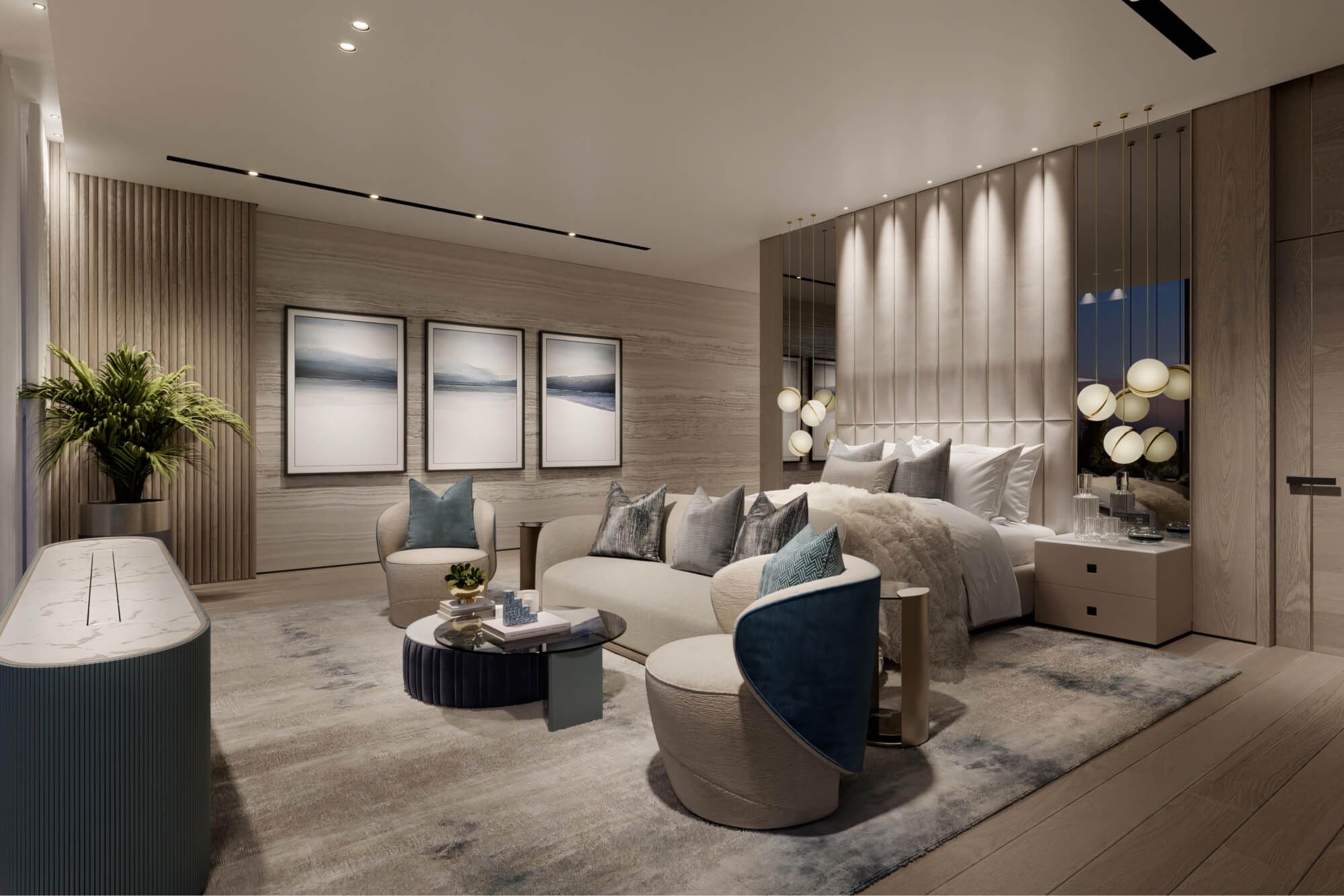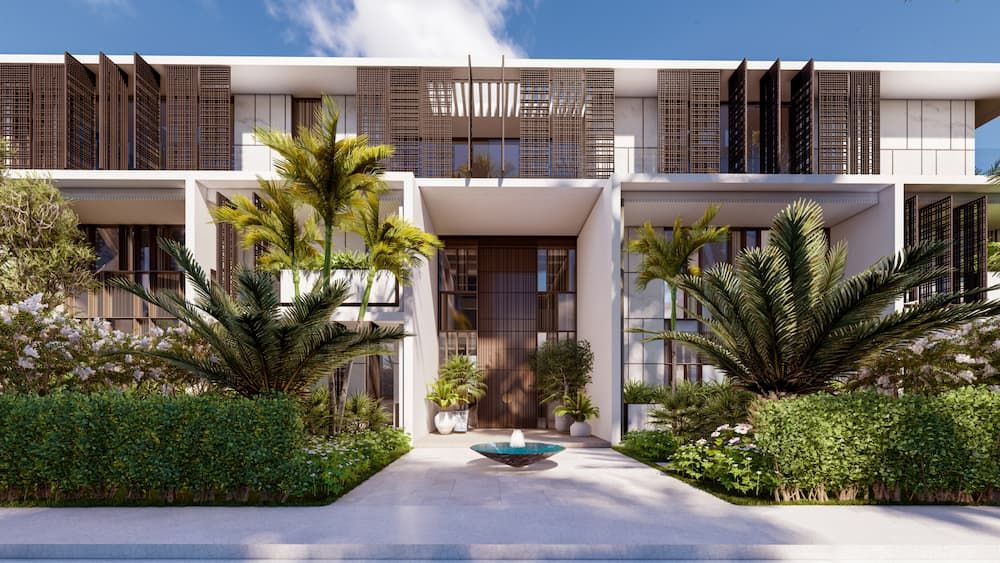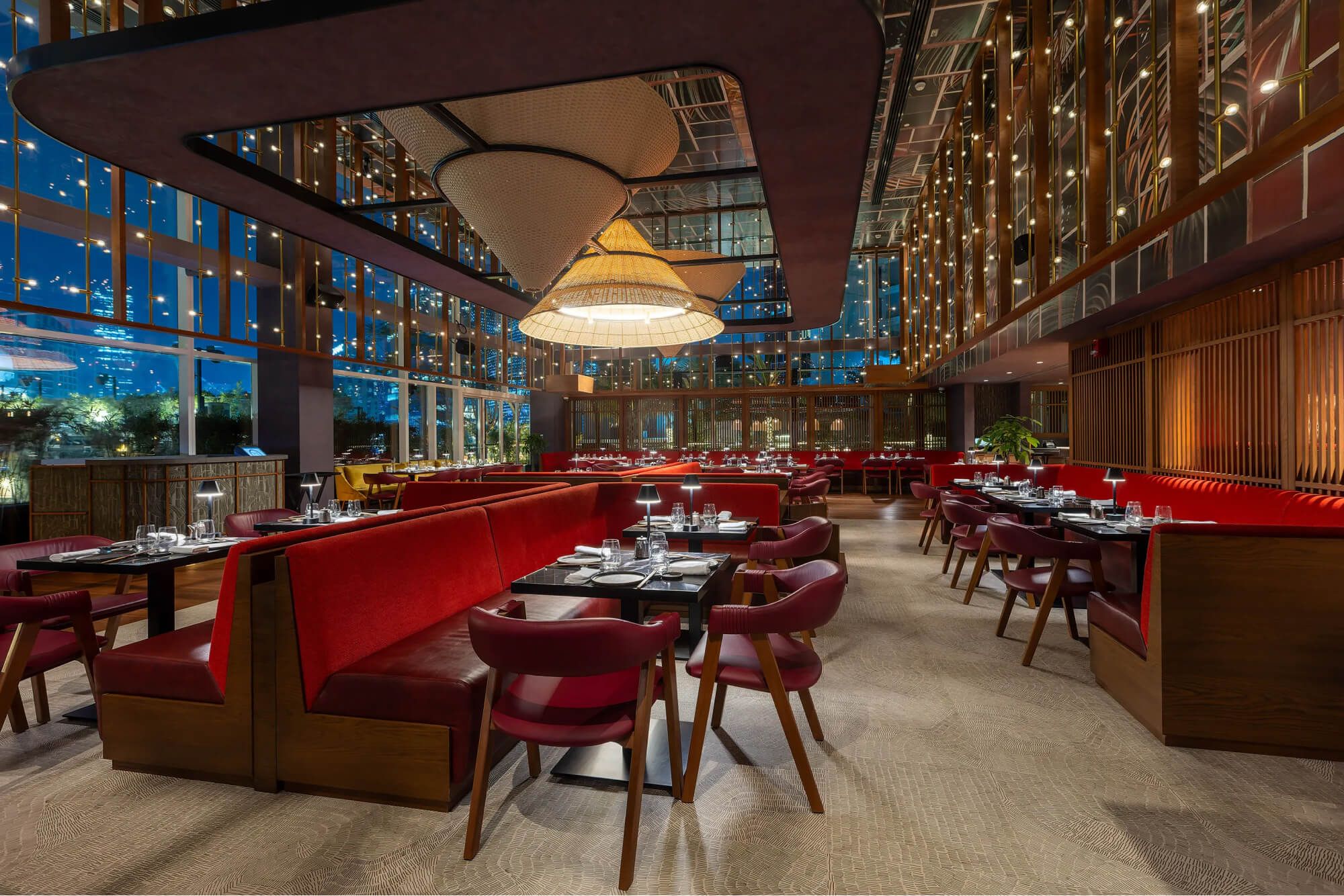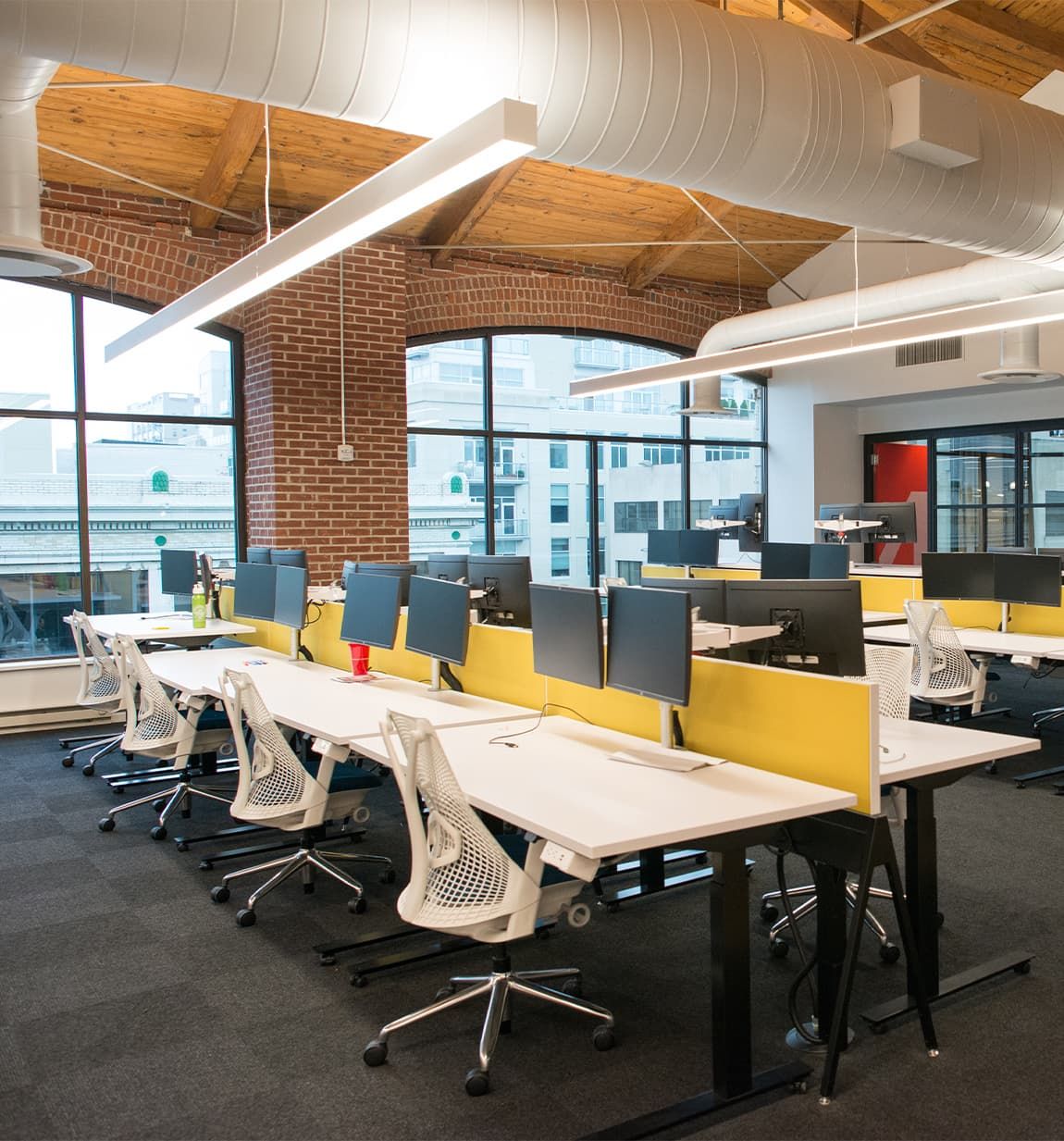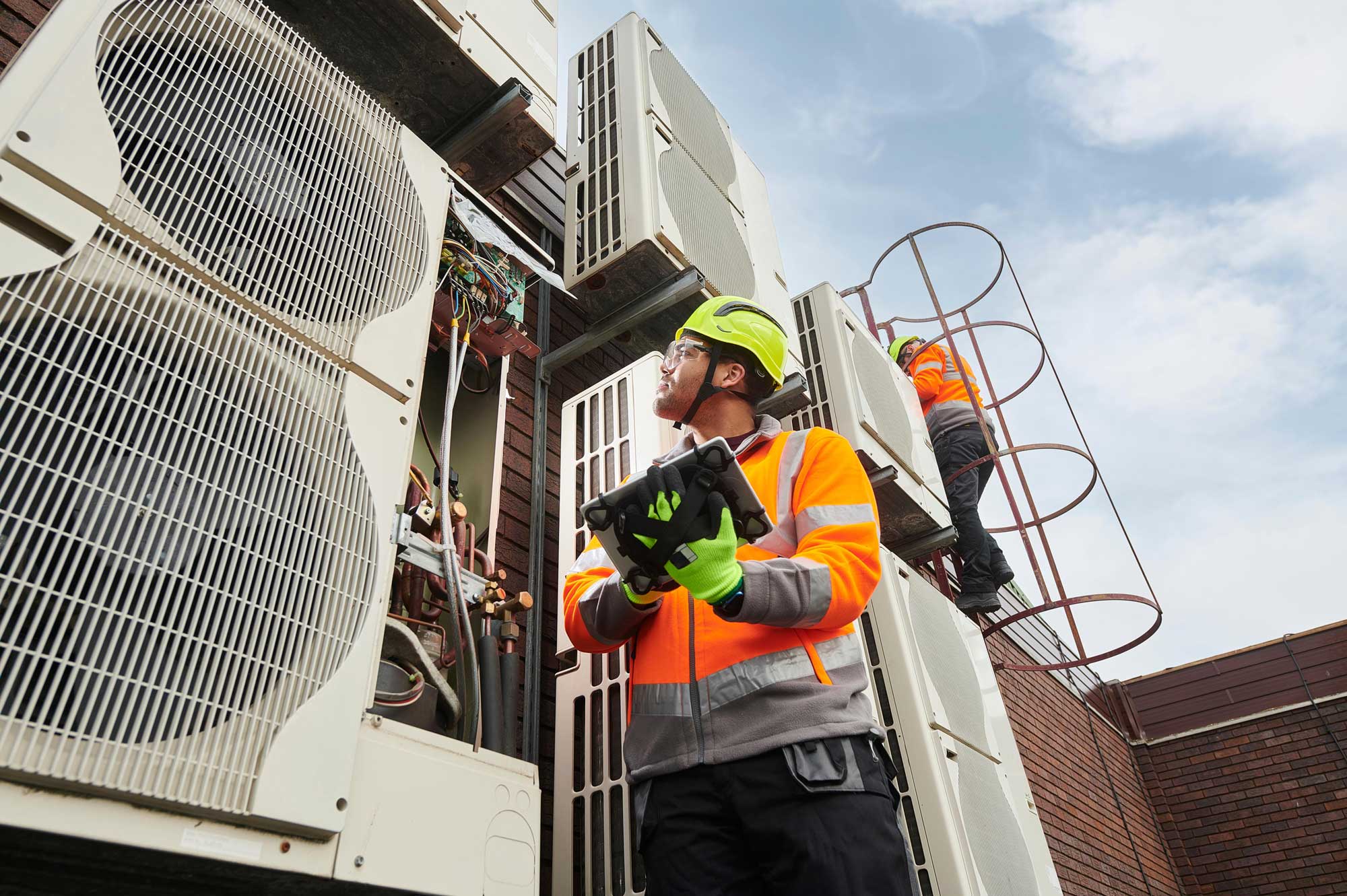In regions like Dubai, where extreme temperatures dominate much of the year, efficient Heating, Ventilation, and Air Conditioning (HVAC) systems are essential for maintaining comfort while managing energy costs effectively. An optimised HVAC system doesn't just cut down on operational expenses; it also significantly improves the indoor environmental quality of buildings. By ensuring optimal air quality, temperature regulation, and humidity control, a well-designed HVAC system contributes to a healthier and more comfortable living and working environment.
Cracking the Code: Understanding HVAC Energy Consumption for Efficiency
HVAC systems, integral to maintaining indoor climate control, are among the largest energy consumers in both commercial and residential buildings. In the UAE, where temperatures frequently soar, cooling systems alone account for an astonishing 80-85% of a building's total energy consumption, according to a comparative study. This significant percentage highlights the immense energy demand driven by the region's extreme climate conditions. In such environments, maintaining a comfortable indoor atmosphere becomes increasingly challenging and energy-intensive, often resulting in even higher proportions of energy usage dedicated to cooling systems. As the need for efficient HVAC systems continues to rise, understanding and optimising energy consumption is crucial for cost savings and environmental sustainability.
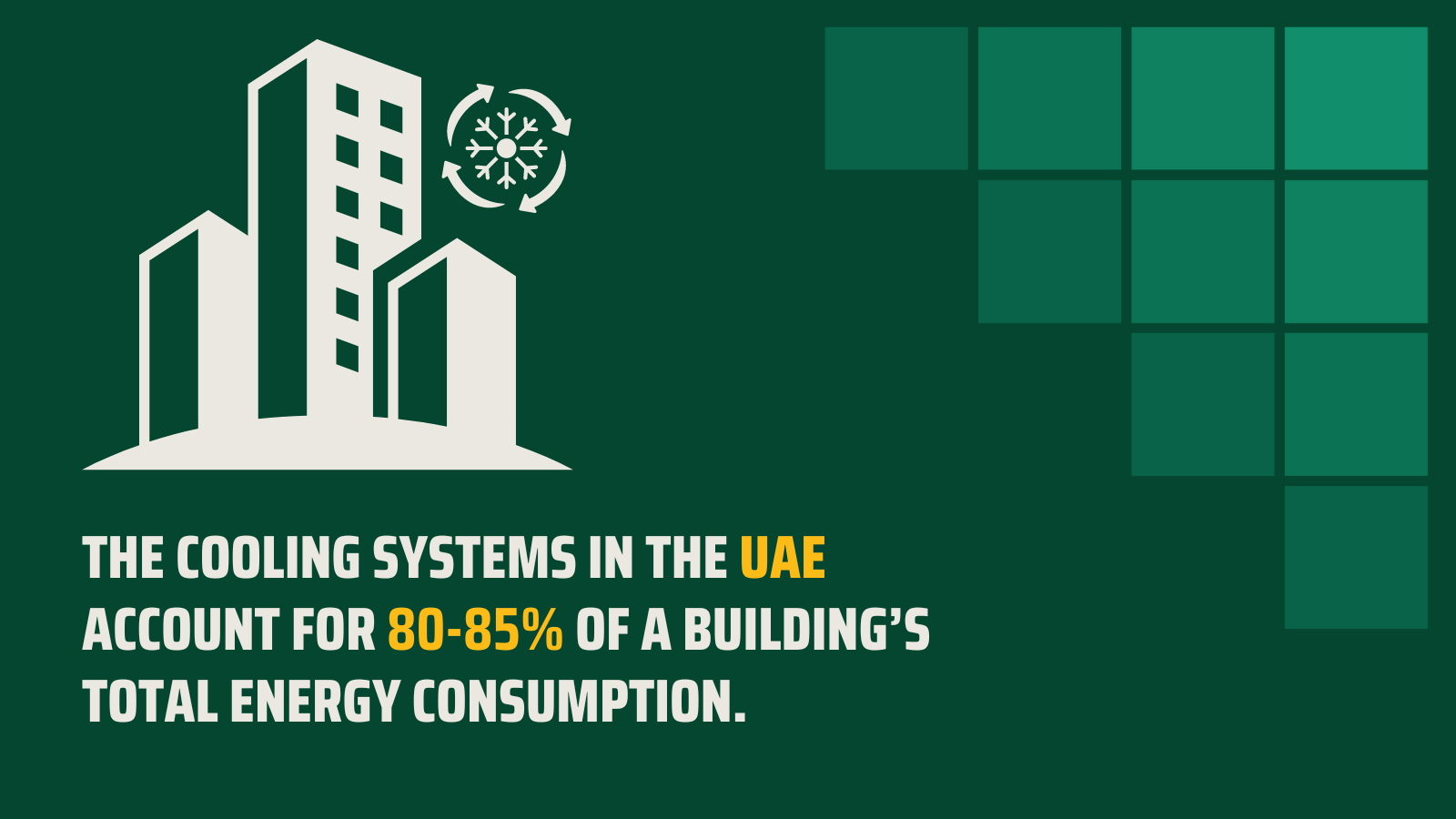
What are the Factors Influencing HVAC Energy Use?
System Design and Installation
The initial design and installation of an HVAC system plays a crucial role in its long-term energy consumption. Poorly designed systems that are not tailored to the specific needs of a building or that are installed incorrectly can lead to inefficiencies in energy use, increased wear and tear on the system, and shortened equipment lifespans.
Equipment Age and Efficiency
Older HVAC systems tend to be less efficient than newer models designed with advanced technologies. Over time, HVAC equipment can degrade in performance, particularly if not regularly maintained. Modern systems often include features such as variable speed drives for fans and compressors, which significantly improve energy efficiency by adjusting energy use to the exact requirements at any given time.
Building Insulation and Sealing
The quality of a building’s insulation and the sealing of windows and doors significantly affect HVAC efficiency. Inadequate insulation or poor sealing leads to energy losses, as heated or cooled air escapes the building, forcing HVAC systems to work harder and consume more energy to maintain the desired indoor temperature.
Thermostat Settings
The settings on thermostats also impact energy consumption. Settings that are significantly lower in summer or higher in winter can cause the HVAC system to operate more frequently, increasing energy use. Programmable thermostats that adjust temperatures according to the time of day and occupancy patterns can reduce energy usage by ensuring that the HVAC system is used only when necessary.
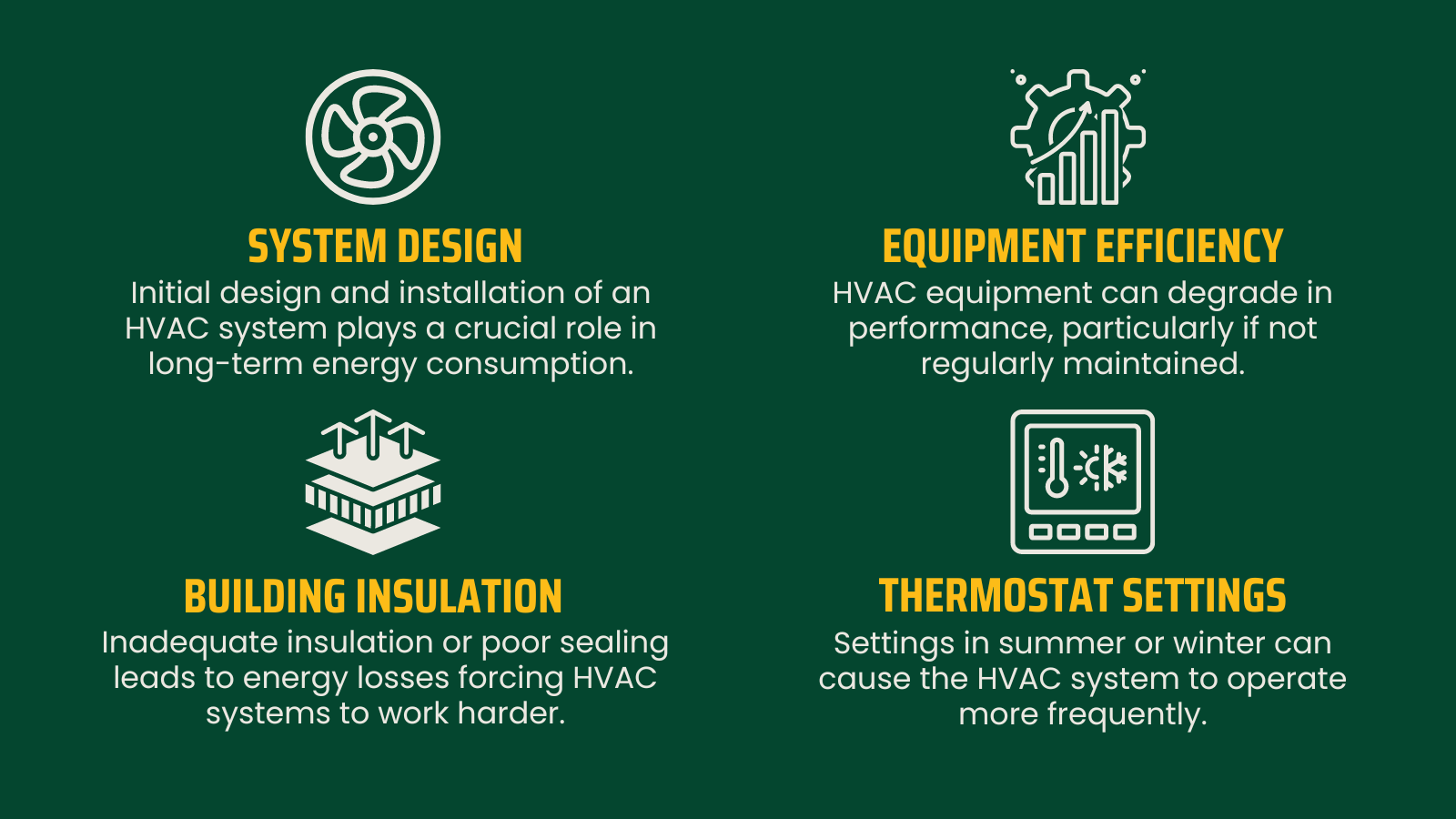
The Impact of HVAC Performance on Indoor Environments
- Inefficient HVAC Performance: Many buildings experience issues such as excessive heating or cooling, fluctuating temperatures, and drafts. These are indicators of inefficient HVAC operation, which can lead to increased energy consumption and discomfort for occupants. Studies have shown that poor indoor air quality can result in respiratory problems, headaches, and fatigue.
- Indoor Air Quality (IAQ): Poorly designed or maintained HVAC systems can significantly degrade indoor air quality. Problems with humidity and pollutant control not only affect health but also overall comfort and productivity within the building.
- Noise and Vibration: Large HVAC equipment can cause disruptive noise and vibrations if not properly installed or maintained, potentially affecting the structural integrity of the building and the well-being of its occupants.
What are the Strategies for Optimising HVAC Systems?
- Recommissioning and Retrocommissioning: These processes involve adjusting existing HVAC systems to improve their efficiency and functionality. This may include recalibrating controls, repairing or replacing components, and ensuring the system meets current operational demands. Recommissioning can lead to energy savings of 10-30%.
- Upgrading Equipment: Replacing outdated or inefficient HVAC components with modern, energy-efficient models can significantly reduce energy usage. This is particularly effective when existing systems are over or undersized for the building. Look for ENERGY STAR® certified equipment for maximum efficiency.
- Implementing Automatic Controls: Advanced control systems can dynamically adjust settings based on real-time data, such as occupancy and weather conditions, optimising energy consumption without sacrificing comfort. Smart thermostats and occupancy sensors are examples of automatic control technologies.
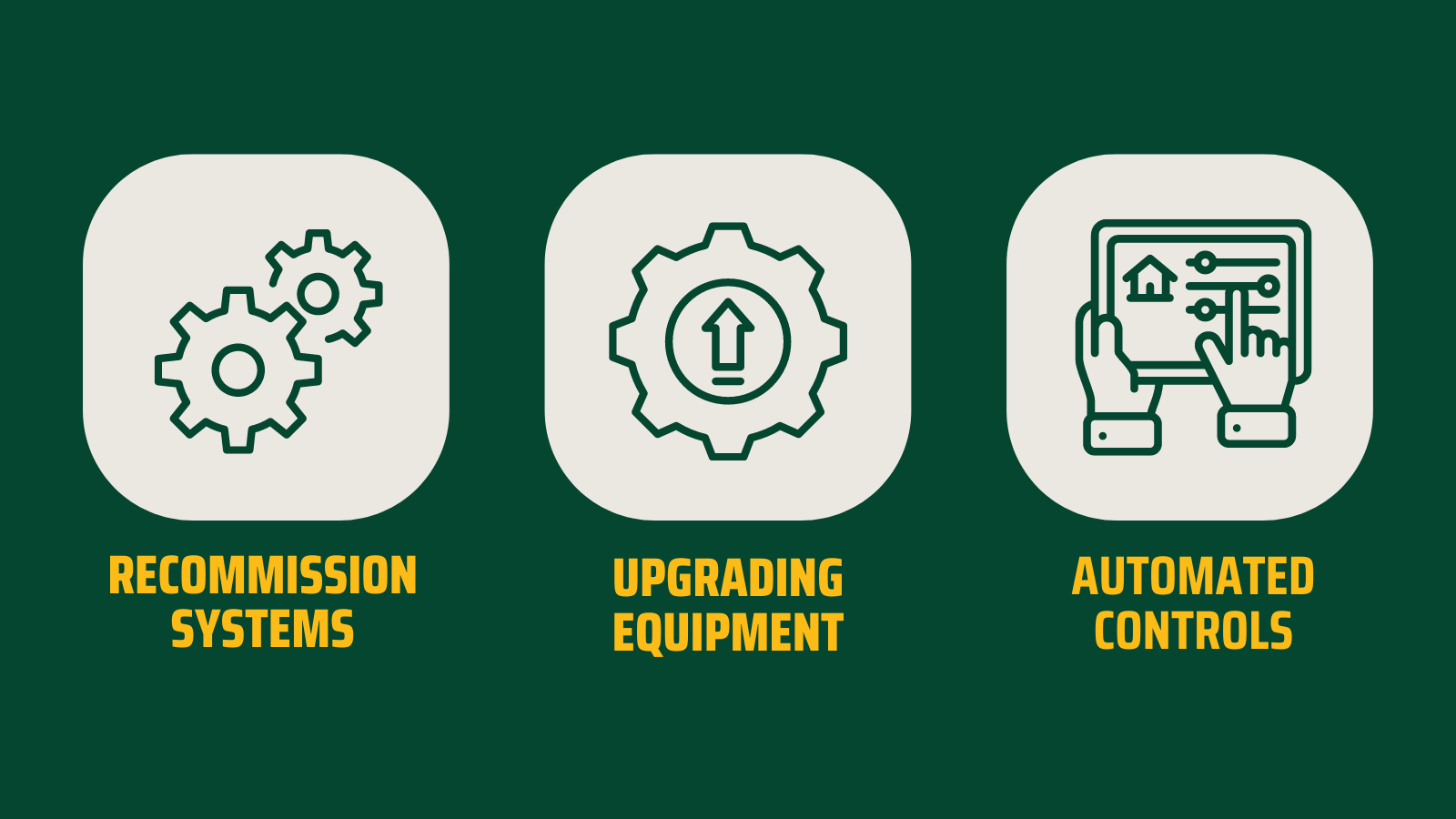
What Value do HVAC Consultants Provide?
While the strategies mentioned above can improve HVAC efficiency, consulting with a qualified HVAC professional can provide even greater benefits. HVAC consultants can:
- Conduct a thorough assessment of your existing HVAC system to identify areas for improvement.
- Recommend specific upgrades and adjustments tailored to your unique needs and building type.
- Develop a cost-effective plan for implementing HVAC optimisation strategies.
- Ensure your HVAC system complies with relevant regulations and standards.
By working with an HVAC consultant, you can achieve significant energy savings, improve indoor air quality and occupant comfort, and contribute to a more sustainable future.
Conclusion
Enhancing HVAC systems is not just about reducing energy bills—it’s about creating healthier, more comfortable, and sustainable environments. Whether you're managing a commercial property or a residential complex, understanding and optimising your HVAC system is key to achieving these goals.
In the UAE, the emphasis is also on incorporating cutting-edge technologies and adhering to stringent sustainability standards. Smart HVAC systems equipped with IoT sensors and automated controls enable real-time monitoring and efficiency optimisation, crucial for the region's hot climate. Additionally, integrating high-efficiency equipment and advanced air purification technologies can significantly improve indoor air quality, contributing to a healthier living and working environment.
As green building certifications like LEED and Estidama gain prominence, sustainable HVAC practices, including the use of renewable energy sources, become essential. By focusing on these advancements, HVAC consultants in the UAE can help clients achieve superior energy performance, environmental sustainability, and enhanced occupant comfort.
About us
At Stonehaven, we are dedicated to enhancing building efficiency and performance through specialised HVAC services. Our expertise in HVAC testing, adjusting, and balancing ensures that your systems are optimised for maximum efficiency and comfort. Learn more about our services that can help you achieve cost efficiency on project budgets.
Contact us today to discuss your HVAC needs and discover how we can help you build a more sustainable, efficient future.

